From linear to circular: in search of an economy that reuses resources for next-generation products that go beyond the limits of time.
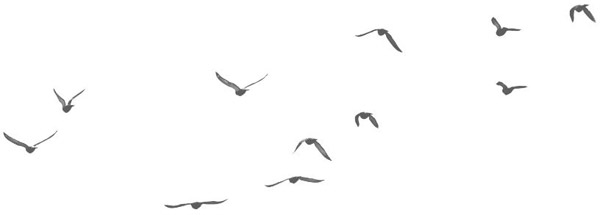
For almost 10,000 years, the world appeared to be incredibly vast: an infinite amount of resources offered by boundless forests and immense oceans. Humans were able to freely consume the soil, the water, the forests, and avoid the consequences by moving elsewhere. Over time, our population has multiplied, and our exploitation of resources has reached unsustainable levels: a real assault of planetary dimensions.
Today it is necessary to find a solution, to return to living within the confines of the "safety zone" of our environmental systems.
Beyond those is collapse of the earth's ecosystems.
Loss of biodiversity and surpassing the earth's capacity to absorb CO2 are certainly beyond the limits of the safety zone, and deforestation is the main cause of these.
According to the FAO, deforestation means a permanent change in the use of the soil. Therefore, it refers not only to the act of cutting down trees, but also stopping them from regrowing. The areas of forests cut down, burnt by fires or destroyed by extreme weather events are instead defined as "areas temporarily deprived of topsoil".
Although it is slowing down, forest degradation is the most important problem to be solved for the protection of biodiversity, the fight against the climate crisis, and to keep the biosphere within planetary limits.
ZeroCO2 was launched to contribute to the shared commitment not to exceed these limits.
We are an Italian Benefit Corporation that works towards ecosystem sustainability through reforestation projects with a strong social impact, founded by Virgilio Galicia and me. Our work is committed to fighting against deforestation and climate change, promoting reforestation, afforestation and agroforestry projects in highly damaged areas of the planet.
Our main goal is to create a positive impact on the regions where zeroCO2 operates, from both an environmental point of view and a social point of view.
A crucial phase of our projects involves collaboration with local organisations and professionals to activate new connections and partnerships, and promote training and updates on topics that increase communities' technical skills in organic farming, sustainable soil management and innovative agricultural techniques.
The element of social sustainability is fueled by tangible projects to promote local resources as much as possible and involve local communities and territories, with a special commitment to overcoming gender inequality, promoting the concepts of inclusion, diversity and labour reintegration through social agriculture projects.
In 2020, our work primarily concentrated on three areas of the world: Guatemala, Peru and Italy.
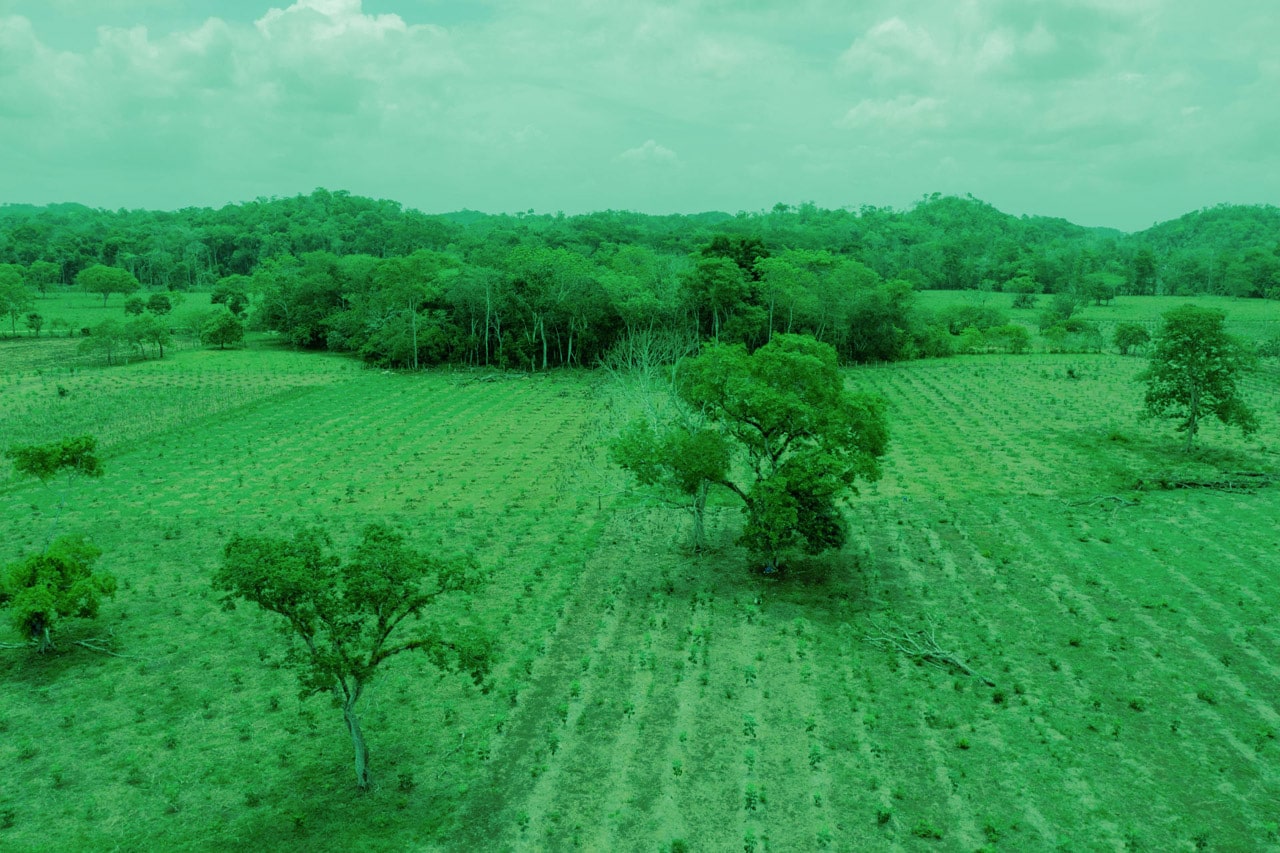
In the last 20 years, from 2001 to 2020, Guatemala has lost around 20% of its forest canopy, equal to 1.5 million hectares of forest.
Here, we are promoting a system of regenerative reforestation through agroforestry. The technique is based on alternating fruit trees with forest trees and annual crops, such as corn and beans, even in smaller areas of land.
The training programmes touch on highly practical topics, and aim to improve the technical skills of individual farmers.
After the initial training period, we start to distribute trees to the families, who, by taking care of these trees, will be able to benefit from the fruit produced within a few years, choosing whether to eat it or sell it at the local market.
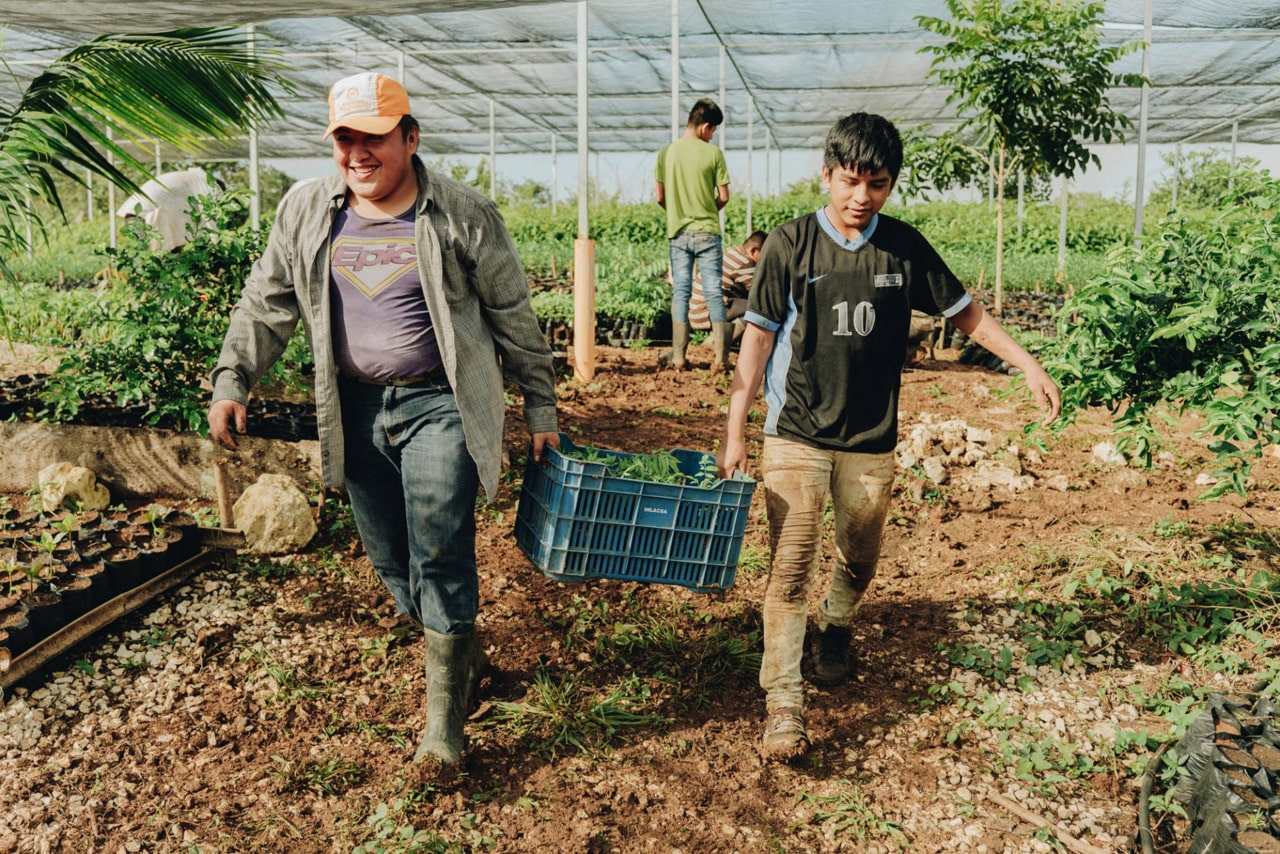
In Peru, we work in the Tambopata National Reserve, one of the most important and vulnerable protected areas in the Madre de Dios region, very close to the regional capital, Puerto Maldonado. The reserve is home to many indigenous communities and an enormous variety of species.
Along with our local partner, we are working to restore the landscape of the Peruvian Amazon, recovering heritage seeds on the verge of extinction and supporting the rights, autonomy and wisdom of indigenous populations.
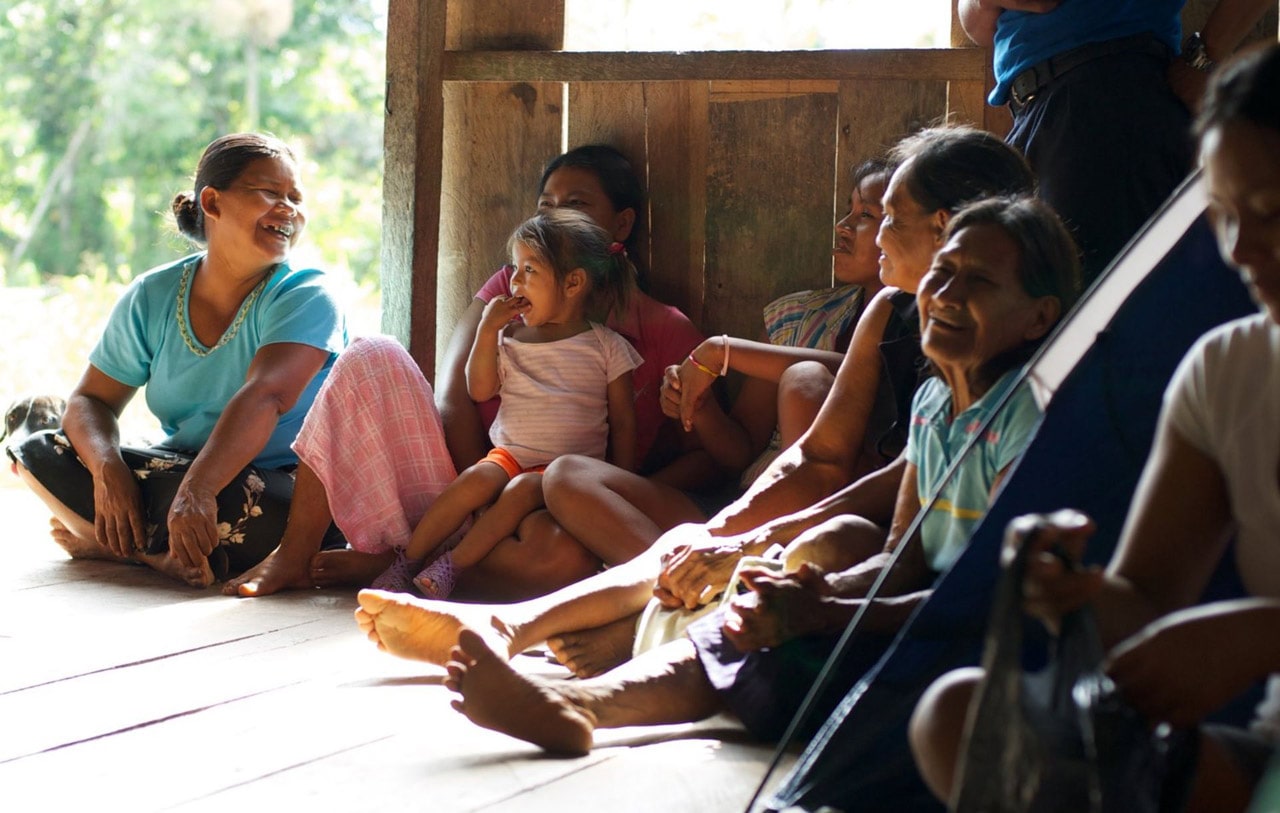
In Italy, we promote projects centred on agricultural practices with a low environmental impact and high social value, and projects for sustainable fruit farming in collaboration with Social-Agricultural Cooperatives spread across the national territory.
By donating trees to these cooperatives, we support organisations involved in the fields of socio-therapy and rehabilitation, reception and shelter, education/instruction and job placement, to give them the ability to finance themselves through direct sales or processing of fruit.
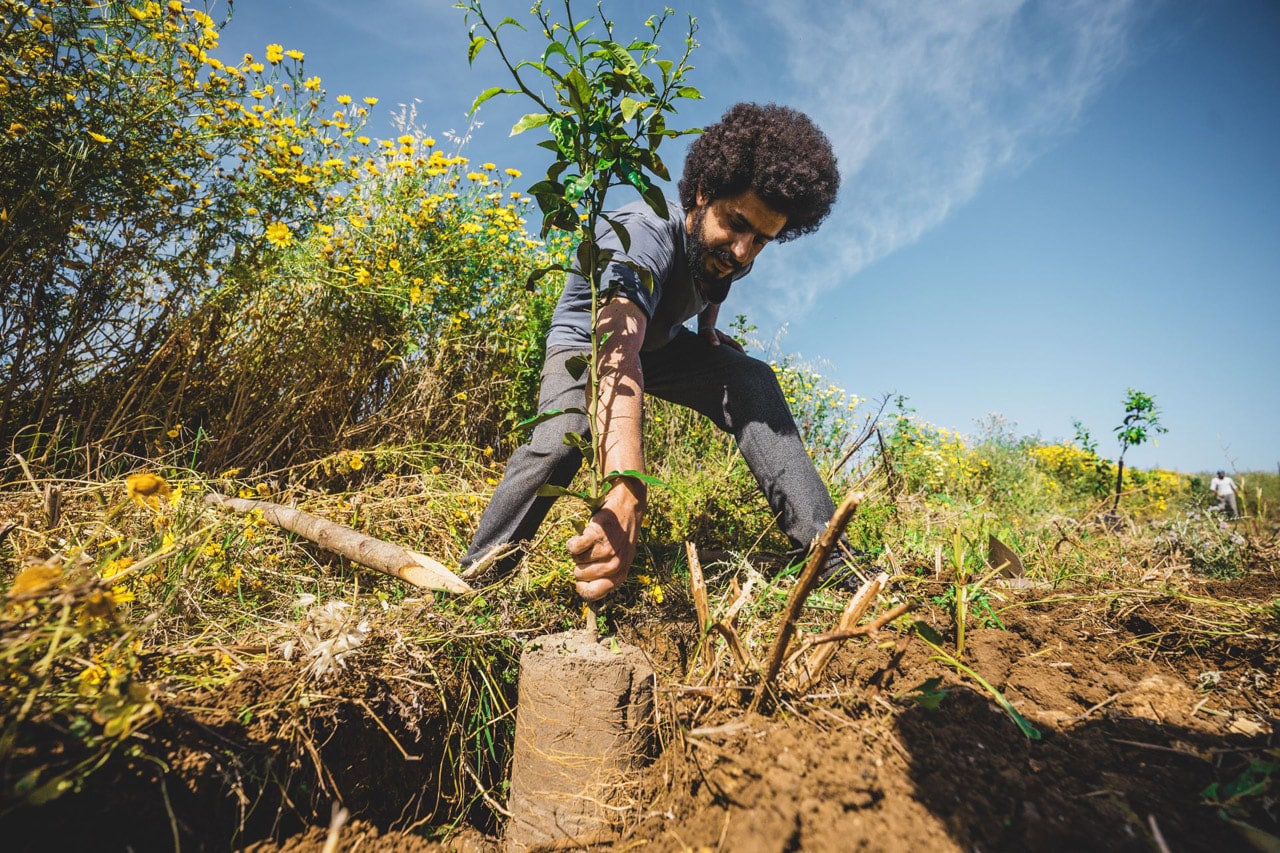
How can we contribute to this great effort not to exceed our limits, and return to living within the confines of the "safety zone" of our environmental systems?
ZeroCO2 allows companies and individuals to sponsor trees, creating their own forest and taking responsibility for the project of reforestation and support for farming communities.
Through CHLOE, our exclusive internally designed and developed tracking and transparency system, the "virtual owners" of the trees can monitor the growth of their forest online, with regular photo updates.
In only two years we have planted 400,000 trees, thanks to an ecosystem made up of companies and people who believe in the importance of acting now, together, before it is too late.
The climate crisis is real, and it may be frightening, but we are convinced that if everyone does their bit, we can win this battle and recreate the balance between humans and our planet.
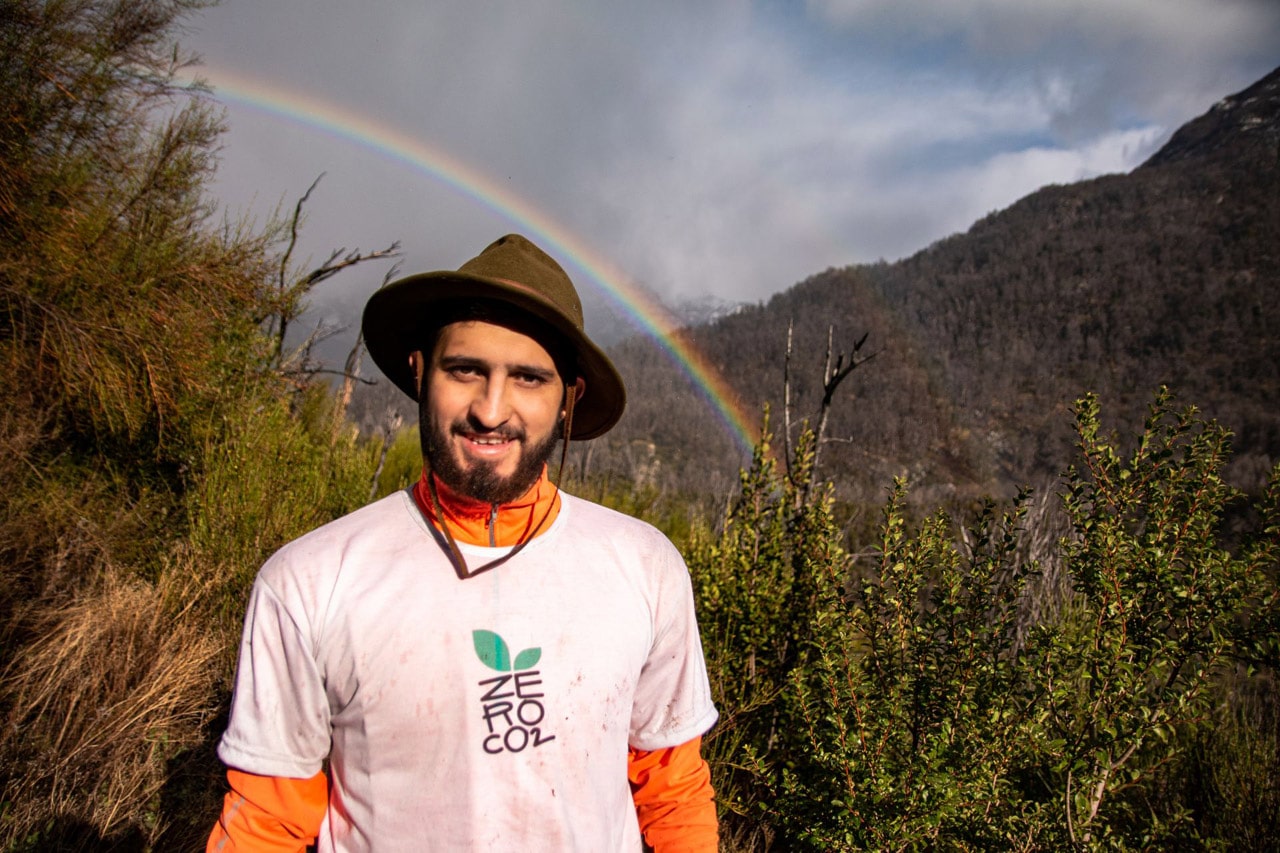
Images Credits:
© ChapinFilms Guatemala
From linear to circular: in search of an economy that reuses resources for next-generation products that go beyond the limits of time.
The 9 systems that regulate the Earth's stability and their relative tipping points for the loss of that balance: let's learn about them in order to make responsible choices.
